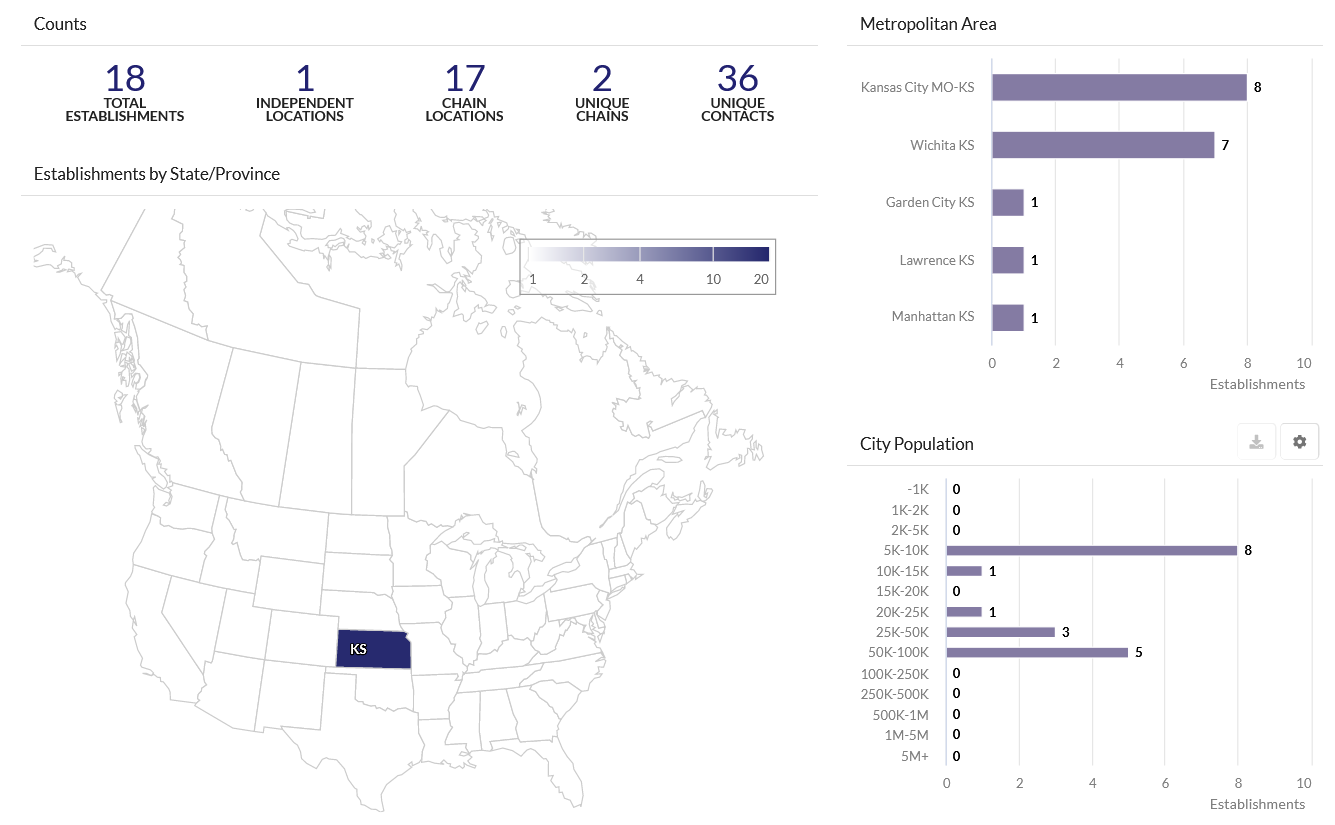
By 2028, the food processing market will jump to an impressive USD 3.92 billion. Want a piece of that pie? It starts with data.
Effective data collection and analysis is the secret sauce to showing you what’s working (and what’s not) in your business. It guides you to make smarter decisions, refine your strategies, and boost your bottom line.
In this blog, we will discuss practical and actionable strategies for collecting data for the food manufacturing industry. Let’s get started.
Data drives the food and beverage manufacturing industry. Whether you’re a small local producer or a national powerhouse, the importance of data can’t be overstated. Here’s why:
You know the importance of data, but how do you collect it? There is an ocean of information that can be daunting, but with these data collection methods, your business can discover a goldmine of insights.
A market intelligence platform like Brizo FoodMetrics is a technology-based tool that gathers, analyzes, and interprets data on menu ingredients, popular dishes, and pricing strategies.
For example, with Brizo FoodMetrics, you get access to a restaurant database of over 1.5 million foodservice establishments updated monthly for the freshest insights.
Employing such a robust platform enables your marketing team to perform deep analysis swiftly, thanks to integrated big data analytics.
This data (and much more) is all available within Brizo FoodMetrics!

Data collection services are specialized outfits that gather, organize, and analyze information on behalf of companies. These services can compile critical insights on consumer behavior, inventory control, market trends, supply chain efficiencies, and much more for food manufacturing companies.
However, this custom data mining comes with its caveats—it can be expensive and time-consuming.
Contrast this with a market intelligence platform, which can instantly deliver a wide range of up-to-date insights.
This data (and much more) is all available within Brizo FoodMetrics!
There’s a direct link between a brand’s web and social media presence and its real-world foot traffic. When consumers rave about a dish on social media, share photos, or leave glowing reviews, they give you free market research that’s current and highly actionable.
For instance, if a certain type of artisanal cheese is trending on food blogs and Instagram, a savvy manufacturer could capitalize on this by ramping up production and working with suppliers to feature it in new finished products.
Your customer service representatives (CSRs) are on the frontline, interacting with clients daily, and they hear the unvarnished truth about potential product quality issues.
For instance, a CSR might relay feedback from a restaurant chain frustrated with the consistency of your packaged sauces, which affects their dish quality.
By addressing such feedback, you can adjust your manufacturing processes, improve product quality, and ultimately, maintain customer satisfaction.
One powerful strategy is conducting experiments, particularly through limited-time food product launches. It helps you test the waters with small sample sizes. The food manufacturing industry can gather invaluable feedback from restaurants, food supply chains, and other partners and determine if you’ve hit the culinary jackpot.
Once the limited-time offering period concludes, food manufacturers can dissect the data. Did your innovation fly off the shelves? If the answer is a resounding “yes,” you may have just discovered your next bestseller.
While other methods have their merits, they’re no match for the power of a market intelligence platform. Because when it comes to collecting data for your food manufacturing business, market intelligence software provides speed, precision, and comprehensiveness.
Food manufacturing thrives on precise insights, and that’s exactly what Brizo’s market intelligence software delivers with access to over 1.5 million foodservice establishments across the U.S. and Canada.
Don’t just collect data; leverage it with Brizo FoodMetrics today!